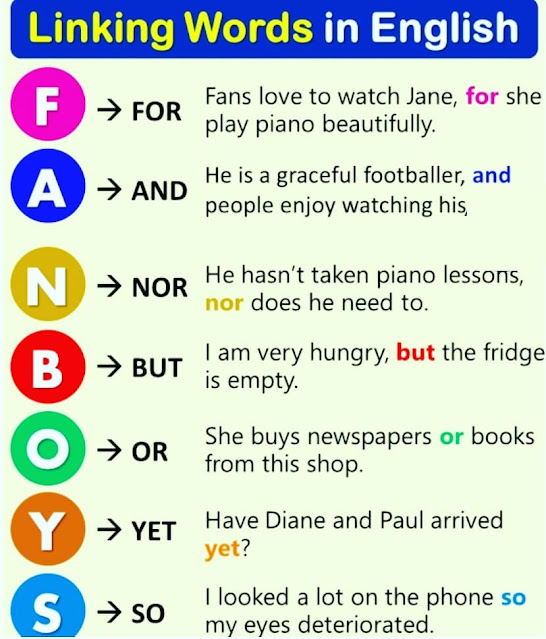Verbs that come with the infinitive ing in English
The infinitive in English is made in two ways: with the suffix ing and with the preposition to.
In this section, we will get acquainted with ing and the verbs that come with this type of infinitive.
The infinitive in English conveys the main meaning of the verb, but the difference with the verb is that in addition to the meaning, the verb also refers to time, person and number.
But in the infinitive person and number is not known and for this reason the infinitive is considered as one of the types of nouns.
One way to make a noun or verb noun in English is to add ing to the original form of the verb, which is also called gerund.
There are several categories of verbs in English that must have an infinitive after ing:
1. After the verbs related to liking and not liking:
detest
dislike
enjoy
hate
fancy
like
love
example: They always enjoyed visiting their friends .
2. After phrases made with the verb mind:
- wouldn’t mind (= would like)
- (don’t mind (= I am willing to)
- (would you mind (= will you please)
example: Would you mind holding this for me ?
3. After verbs related to speaking and thinking:
admit
consider
deny
imagine
remember
suggest
example: Our guide suggested waiting until the storm was over .
4. Other verbs that come with the infinitive ing. These verbs do not have a specific category and their structure must be remembered:
avoid
begin
finish
keep
miss
practice
risk
start
stop
example: I haven’t finished writing this letter .



Comments
Post a Comment